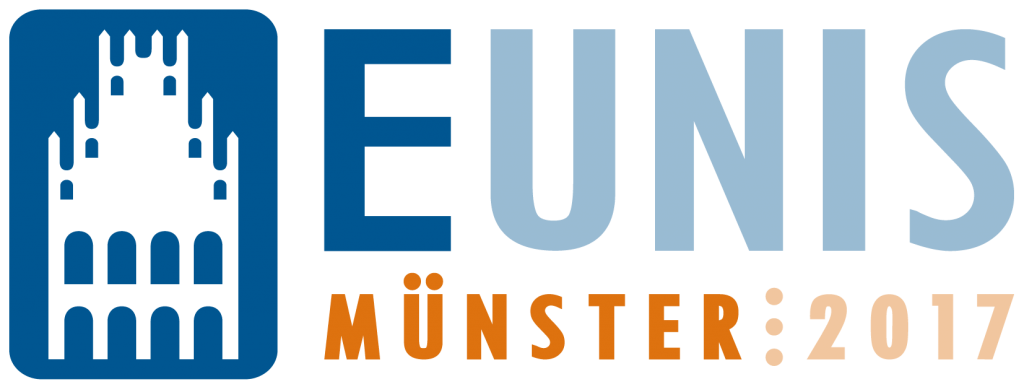Session Chair: T. Szmuc
Extending OAuth2 to Join Local Services into a Federative SOA
(Marius Politze)
New approaches to teaching and research require machine readable interfaces as provided by service oriented architectures. Many scenarios in teaching as well as in research demand cooperation between members of universities. Identity federations and federated applications provide some means for collaboration. Current federation services for single sign on however are not compatible with common applications arising from service oriented architectures. The OAuth2 workflow allows personalized access to service oriented architectures for applications but lacks a definition for federated deployment. The presented extensions are based on the current implementation of OAuth2 They allow establishing a federation of OAuth2 token services that builds on top of the existing federated infrastructures in higher education. View Paper
eID & eIDAS at University Management – Chances and Changes for Security & Legally Binding in Cross Boarder Electronization
(Hermann Strack)
Several initiatives in Europe are involved in developping frameworks to improve student mobility by harmonization of student data formats/forms and appropriate IT support for administrative procedures, e.g. the EUNIS task force for students mobility (formerly RS3G) or the Groningen Declaration Network or the Erasmus without Paper Project [TSM, GDN, EWP]. Important issues to establish IT solutions in this field are security and privacy with legally binding (which are in the main focus of this paper here), besides the standardization task for the application field itself. The use of security functions like qualified signatures and the eID of the German national identity card (eID/PA or GeID/PA [Be08]) opened up new possibilities for the electronization of legally binding processes in university management in Germany. Some of these innovations were developed within the projects “eCampus/Scampii” and “eID at universities”, based on national signature and eID frameworks in Germany. Furthermore, chances and changes for security & legal binding by eIDAS regulation, prepared by the STORK projects based extensions at university management are discussed, also in the background of the ongoing EU funded project TREATS (Trans European Authentication Services, funded by EU CEF Program). View Paper
Student-Centricity and Data Openness in a CRM System for Higher Education
(Anssi Kuusela)
Higher education institutions battle with conflicting ICT demands: operational pressures drive the need for more detailed information repositories, while the nature of the public educational institute and its duties toward students drive for data openness. This case study describes the design and deployment of a CRM system for a HEI that has brought key customer data at the hands of its students. The system balances between closed data and open data, and centralised vs distributed administration. View Paper
